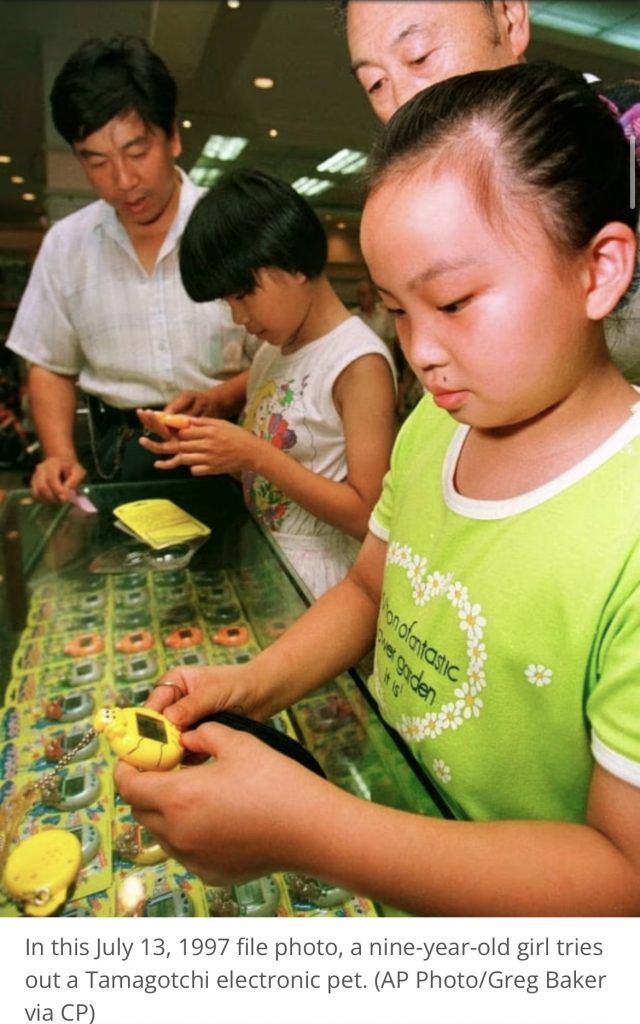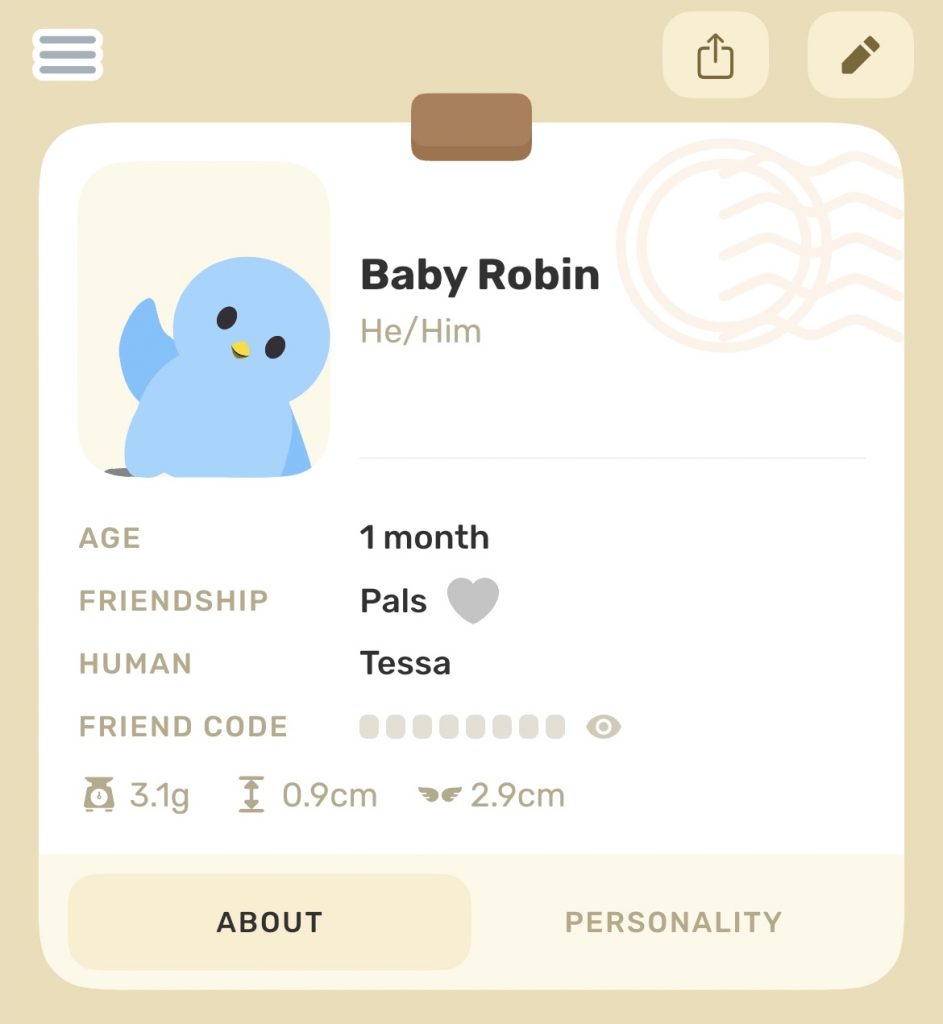Nowadays, as mental health awareness grows, self-care has become a staple term, incorporated into many domains such as business, family, and the broader community. In fact, prioritizing your well-being is not a selfish act but a form of altruism; when you think and act in ways that make you feel great, you automatically impact others more positively.
In popular imagery, self-care rituals include hot baths while reading a book (or watching a TV show, though perhaps not the safest idea), going for a run in nature, or practicing mindfulness. However, there is no universally ideal routine to improve mental and physical well-being. Different individuals have different inclinations, which can also shift depending on life stage. This is where self-care apps come into play—a paradox, considering that primary advice for winding down often includes avoiding screens to prevent over-stimulation of the nervous system.
Numerous apps available for download on online stores have hired experts in health—psychologists, mental coaches, personal trainers—to create valuable, versatile products that integrate seamlessly into our hectic lives. We all know, but seldom practice, that the best way to achieve tangible results is through consistency in habits. To construct a successful well-being app, creators must confront a crucial question: How can users stay consistent and consult the app day after day?
One of the most ingenious solutions has been to gamify self-care, transforming the quest for serenity into a fun sequence of motivating challenges. Finch is a platform of this type, designed to help users develop a mindset focused on emotional regulation and personalized self-improvement through conscious practice. Breathwork, journaling, and meditation are standard offerings that provide noticeable benefits to users, but the app also includes more original content. For example, features like “Name Your Emotion” help users break down overwhelming feelings, often categorized under the umbrella term “anxiety,” by encouraging self-analysis, making these emotions more familiar and manageable.
Finch begins by presenting three broad categories—pleasant, neutral, or unpleasant—and asks which one resonates most at the moment. After making a selection, users see a list of adjectives related to the chosen emotional state, from which they can freely choose. Once the felt emotion is narrowed down with more precise words, the app prompts users to reflect on actions taken or external events that may have triggered the feeling.
Another soothing yet simple activity Finch recommends is rainbow grounding, where users find objects in their environment that correspond chromatically with a given list of colors. The idea behind this miniature game is to focus on the present moment and stop the anxious rumination of thoughts.
The previous are just a few of the functions Finch offers, as the app is a multifaceted playground of well-being rituals designed by experts to improve the quality of life. A high degree of personalization is involved as well, with some exercises energizing, while others are calming and reflective.
Moreover, the app employs a “virtual Tamagotchi model” since your self-care space is personified as an owl, which you care for by routinely completing tasks. As users progress toward set goals, not only does the owl grow healthy, but “feathers” (which act as currency) are obtained to unlock new outfits and themed adventures, consisting of new wellness activities.
Although a fitting comparison, the creators of Finch are not the same as those of Tamagotchi. In fact, the popular virtual pet game from the late 1990s and early 2000s was invented by Japanese marketers Aki Maita and Akihiro Yokoi. Finch, on the other hand, was created by Nino Hasegawa and Stephanie Yuan, who launched the app in 2021, inspired by their own struggles with mental health.
Nonetheless, the two digital experiences—one physical and the other virtual—share many characteristics. Both require the user to care for an imaginary animal through specific actions: feeding and cleaning for the Tamagotchi, and self-care habits for Finch’s owl. Finch thus becomes a developed version of the Tamagotchi, centered on personal well-being rather than simply keeping a digital pet alive for the sake of play.
Fun fact: The name Finch was inspired by the famous lawyer Atticus Finch from the novel To Kill a Mockingbird 1960 by Harper Lee, from many decades an international symbol of resilience.

https://www.cbc.ca/news/canada/british-columbia/tamagotchi-2017-1.4165606

Delgado, Michelle. “Keeping Tamagotchi Alive.” In Smithsonian Magazine. Last modified December 22, 2021.
Forsythe, Dana. “Meet Finch, The App That Promotes Self-Care With Cute Virtual Pets.” In Paste Magazine. Last modified January 10, 2023.


Cool blog! It’s fascinating to see how gamification has made its way into self-care—I hadn’t come across that before. However, I wonder if this is entirely a good development.
First, could gamifying something as serious as mental health risk undermining its significance? While making it feel lighter or more approachable might be the goal, does it also trivialize the subject? Second, does relying on gamified tools for self-care create dependency on platforms or apps that might not always remain accessible—or free?
I’d love to hear your thoughts on these points!
I love how you highlight the Finch app’s ability to connect with younger audiences by blending nostalgia with practical self-care tools. The use of a Tamagotchi-inspired concept taps into the childhood memories of millennials and Gen Z while introducing a meaningful twist focused on mental health. This seems like a great way to make self-care approachable and relatable, especially for a generation that often struggles with stress and burnout. Do you think this nostalgic connection is the key to Finch’s success?